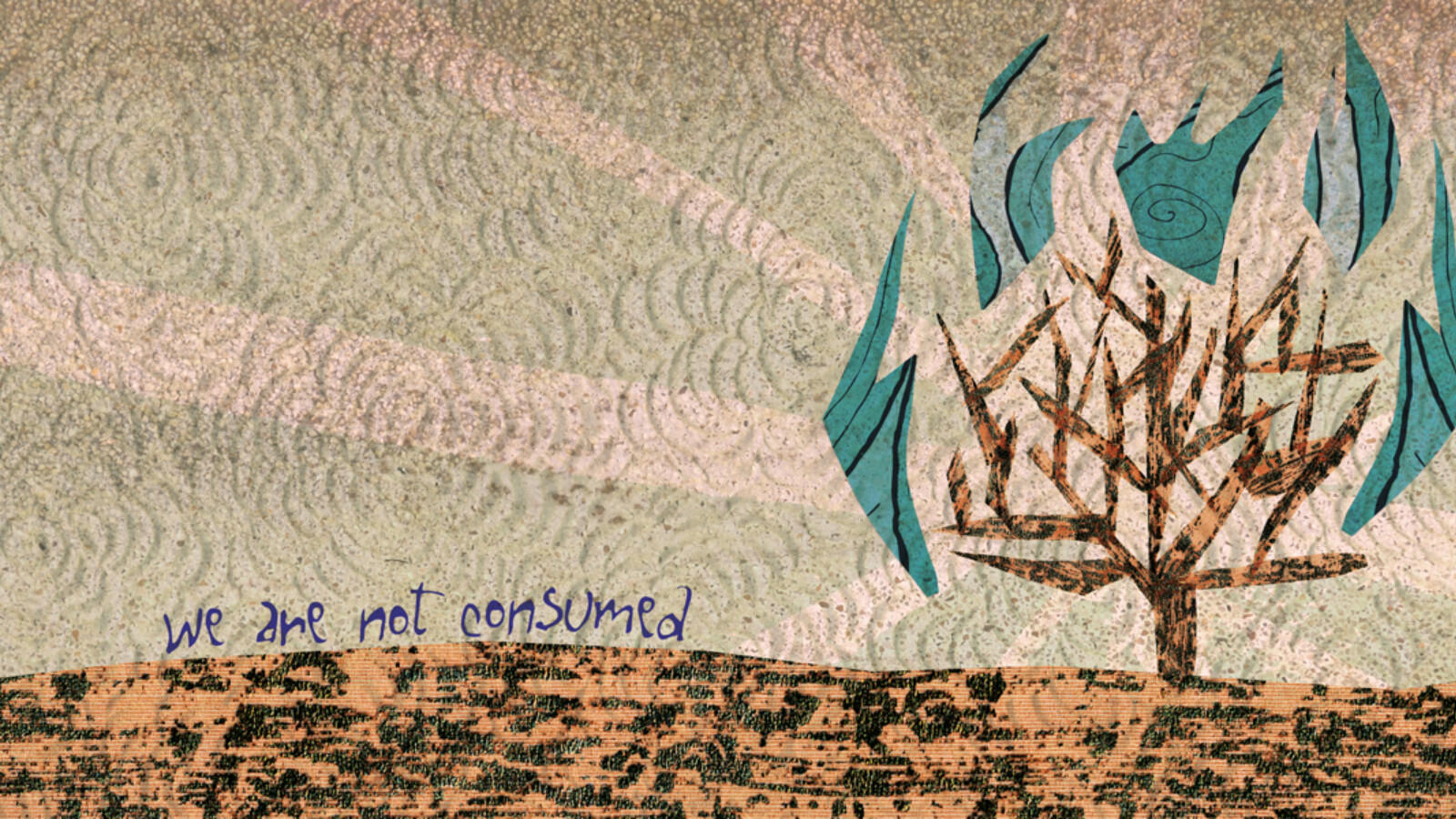I’ve had a lot of names in my life. I have an English name that my parents gave me. I took on a Hebrew name when I chose to identify as Jewish. And I took on a different Hebrew name after my divorce, to symbolize becoming a new person. In the three communities where I’ve served, I’ve been called by just my first name, and by the titles rabbi and rav.
So when I encounter people, I can usually tell when and where they know me based on what they call me. I’ve also been blessed with the privilege of naming another human being. My husband and I chose a name for our daughter that reminds us of the spiritual journey of parenthood and of beloved relatives each time we refer to her. These experiences help us understand some of the mysteries within Parashat Shemot.
The portion begins with this verse: “These are the names (shemot) of the children of Israel who came to Egypt with Jacob.” For this reason, both the weekly portion and the second of the five books of Moses are called Shemot. The essence of this entire book of Torah is revealed in its name. Bereshit (Genesis) refers to the beginning of creation, yet the whole book tells the story of the genesis of the Jewish people. Vayikra (Leviticus, but literally “and he called”) is so named for God calling to Moses, yet the entire book tells the story of how God calls to us and how we respond to the call through mitzvot. So while “shemot” refers to the names listed in chapter one, one name in particular gives us the essence of the book of Exodus, the essence of all of the shemot.
In chapter three, Moses encounters God in the burning bush and receives the directive to go to Egypt and demand that Pharoah let the Israelites go. He questions God: “When I come to the Israelites and say to them, ‘The God of your fathers has sent me to you,’ and they ask me, ‘What is His name?’ what shall I say to them?” And God said to Moses, “Ehyeh-Asher-Ehyeh” (Exodus 3:14). God’s response is usually translated as “I am what I am” or, literally, “I will be what I will be.”
With your help, My Jewish Learning can provide endless opportunities for learning, connection and discovery.
The medieval Spanish philosopher Ramban observed that this exchange does not make sense on a surface level. If Moses tells the Israelites this name and they recognize it, then presumably Moses already knows that name as well. And if it is an unfamiliar name to Moses, then it will also be unfamiliar to the Israelites, who would be unable to take any comfort in it.
Ramban explains that Moses is not simply asking to know God’s personal name, but which of God’s spiritual attributes is sending him. Is it God’s attribute of chesed, of lovingkindness, which was present for Abraham? Is it God’s attribute of gevurah, of strength and might, that was present for Isaac? Moses understood that God had many names and attributes through which God interfaces with humanity. Moses’ question expressed his desire to know which energy, which manifestation of God, he was encountering.
God responds to this by saying, “I will be what I will be.” Meaning, I will appear to them in the way that I will appear to them. This is to say, that there is no one singular way that God will encounter the Israelites. Each would experience different aspects of God: lovingkindness, salvation, might, endurance, whatever is needed to bring them to freedom. This affirms what we have seen elsewhere in the Torah, the various personal ways in which God has interacted with biblical figures. Yet, it is all the same unified one that we affirm with the words of the Shema prayer, when we declare Adonai Eloheinu, Adonai Echad — the Lord is our God, the Lord is One.
Rabbi Yosef Gikatilia, in his work Sha’arei Orah (Gates of Light), defines over 300 names that reflect the various attributes through which God interacts with and manifests within the universe. Yet the essence of all of these is the energy of the name Ehyeh. It is the lifeblood of each of the other names and is drawn into each of them to charge them with whatever energy is needed to manifest particular aspects of God’s being.
This boundless and abundant energy is sending Moses to the people and will manifest in whatever way necessary to complete his mission. God informs Moses of this even before he asks, when God says “For Ehyeh is with you.” Equipped with this expansive power, Moses cannot fail.
Read this Torah portion, Exodus 1:1-6:1 on Sefaria
You May Also Like:
Sign up for our “Guide to Torah Study” email series and we’ll guide you through everything you need to know, from explanations of the major texts to commentaries to learning methods and more.
Subscribe to A Daily Dose of Talmud: Daf Yomi for Everyone — every day, you’ll receive an email that offers an insight from each page of the current tractate of the Talmud. Join us!
About the Author: Rabbi Tiferet Berenbaum is the director of congregational learning and programming at Temple Beth Zion in Brookline, MA. She received rabbinic ordination and a MA in Jewish Education from Hebrew College in Boston. She has served as rabbi to congregations in Milwaukee, WI and Mt. Holly, NJ.



